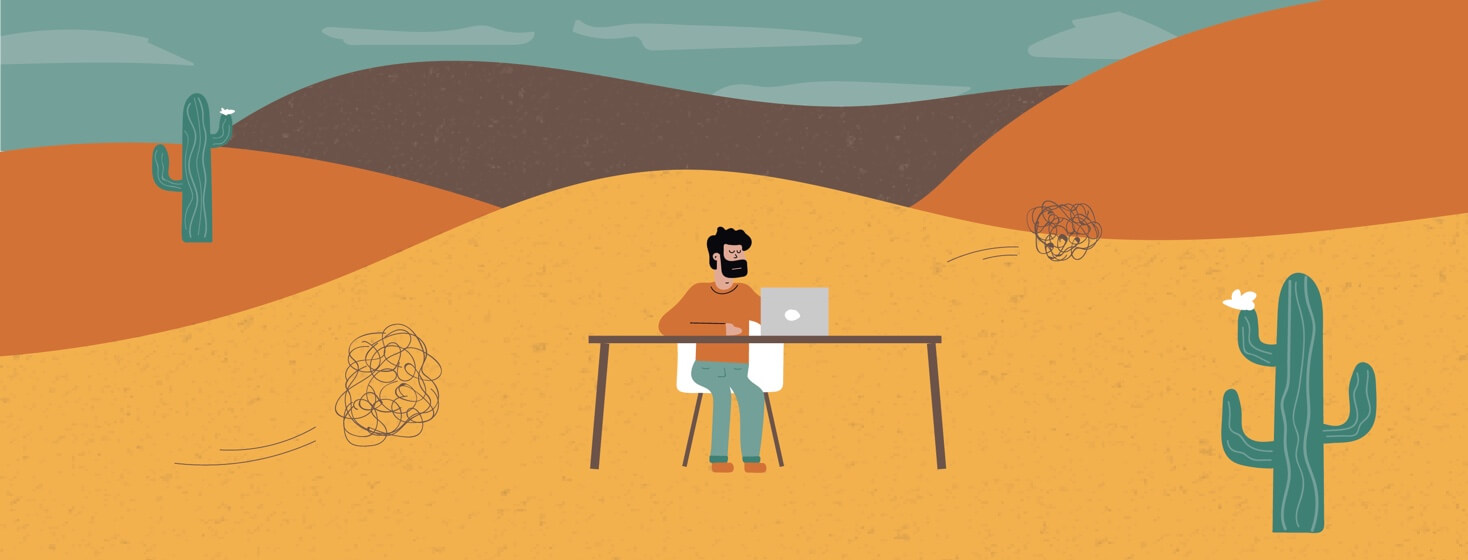Attitude of Gratitude
When I was first diagnosed, I was hit with a whole range of emotions. Like a giant wave, I was taken over by anger, depression, fear, shock and even relief. I’d been sick and getting progressively worse for three months leading up to my diagnosis and it was actually a relief to finally know what was wrong with me. But anger, depression and fear were the main unchecked emotions that I was feeling. My response at the time was not to reach out to others. Instead, I went the other direction and didn’t want to talk to anyone. I left it to my wife to update my family and friends. That’s no easy task. I started my blog so I wouldn’t have to interact with anyone. We directed friends and family to my blog if they wanted an update.
When you don't want to talk to anyone
I know that the cancer battle can be a team effort. But I’ve always been more of a go it alone type of person. My diagnosis intensified this. I would occasionally go online to find stories of other people’s experience with myeloma. But I did not want to directly speak to or hear from other patients. And if someone reached out to me, I definitely wasn’t receptive. In the first year after diagnosis and as we struggled to find a treatment that would work for me, I increasingly envisioned a scenario where I’d eventually take a trip out to the middle of nowhere, not tell anyone where I was going, and all alone I’d let myself succumb to the disease.
Fast forward to over seven years later. As I write this, it is the day after Thanksgiving. My family is spread out across the country, so we spent the day with friends. And I can now say how grateful I am to have made friends with fellow patients. I’ve met some amazing and impactful people. I’d probably never have met these folks if I hadn’t been diagnosed with myeloma in May 2011. I always have to add a caveat that I’d prefer not to have cancer. But truly the support and sense of community I get from fellow myeloma patients and fellow survivors cannot be beat. There is a mental aspect to fighting cancer and living with an incurable disease that can be more challenging than the physical aspect. Understanding and empathizing with these challenges I think can best come from someone who is experiencing the same thing as you.
Finding community
This community can be in the form of support groups, online forums, following someone’s story, volunteering with a cancer organization or taking part in a cancer related walk or run or event. Seven years ago, I absolutely never thought I’d appreciate having other patients in my corner and making myself available to other patients. Being #grateful can be overused, but in this case, I am sincerely grateful for the people I have met and the friends I have made.
I’m also grateful that I no longer cringe at the idea of sharing my feelings with people or asking for help or reaching out for support. I’m grateful that I’ve exceeded my expectations of how long I’d live this disease and that I’ve been able to resume somewhat normal activities. I still have to be diligent about my health and I still fight the desire to live anonymously. It’s a balancing act.
And although I am better about communicating with people, I still find it easier to share my thoughts or updates via writing. Writing is cathartic for me. It’s a way of venting and releasing pent up concerns. And thanks to writing, I’ve gotten to know fellow patients and gotten more involved in the cancer community. It’s not something that would ever have been on my bucket list, but I’m glad that this journey has changed me and made me a more open person.
Saying thank you
We all deal with our disease differently. There’s no right or wrong way. But I always tell people that the best source of support is from fellow patients and survivors.
I’ll close by saying thanks to everyone and anyone who is in this community. We’re all in this together.

Join the conversation